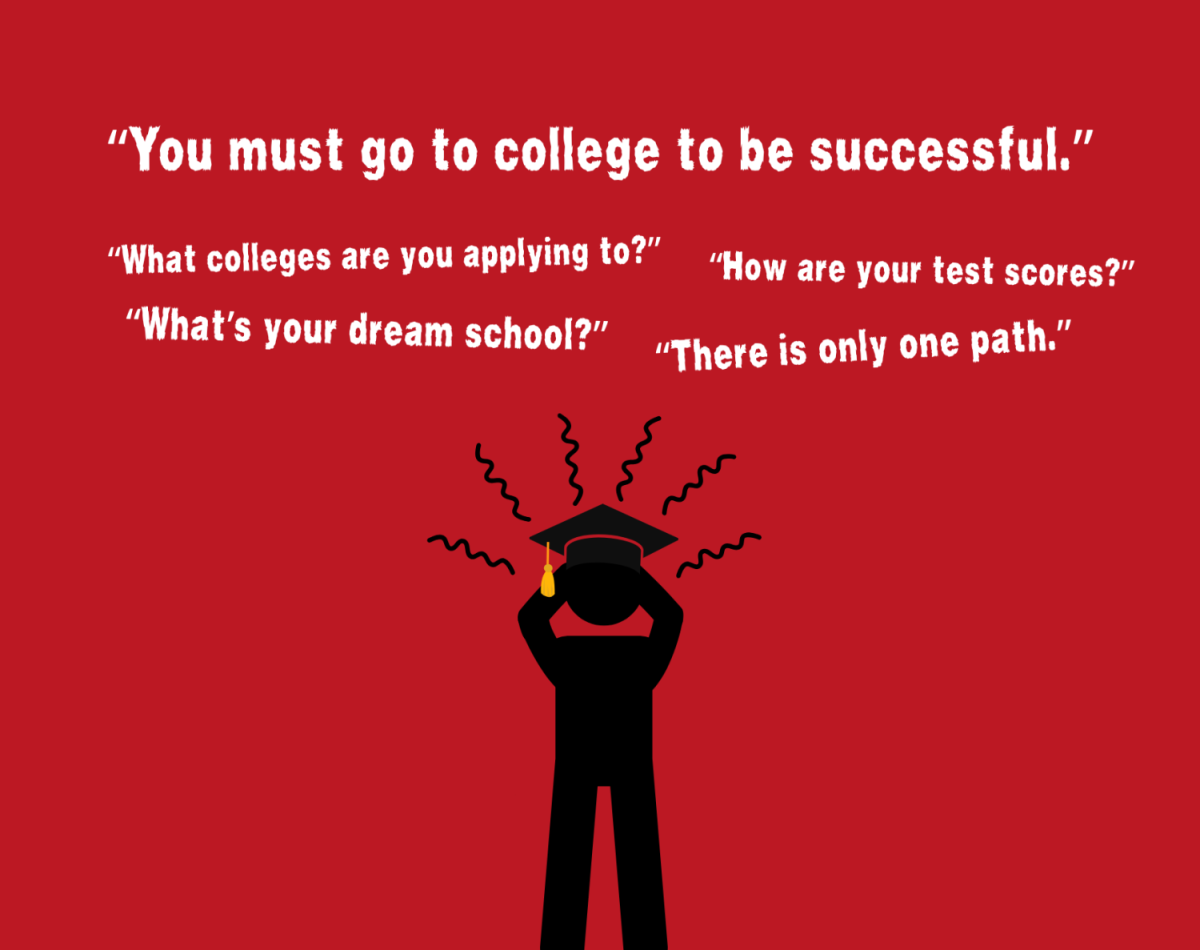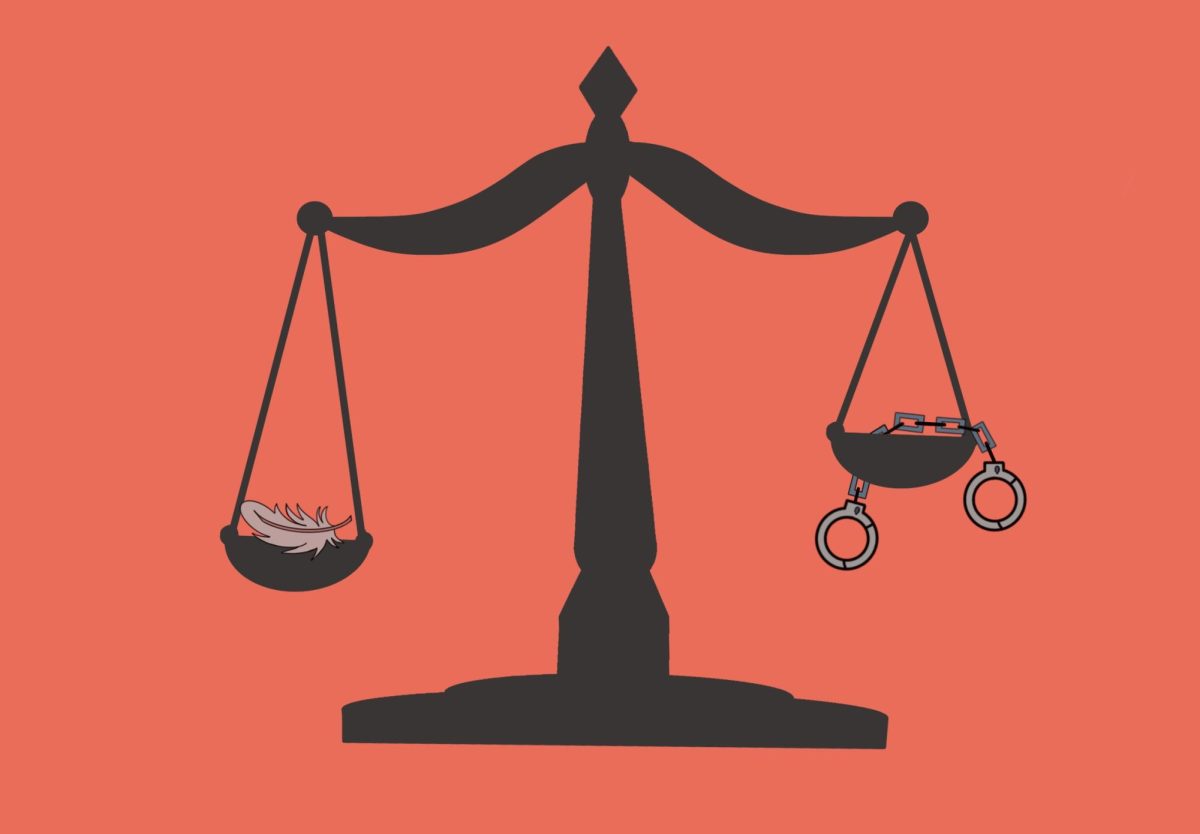The key, according to Perry, is to trick yourself into putting tasks that seem, but really aren’t, important or menacing at the top of your to-do list, and then including easier, more manageable tasks lower down on the list. As a result you will knock out the easy items as a way of putting off dealing with the supposedly more important tasks, which you will eventually complete when a new set of even more important tasks overtake them for the top spot on your list.
This strategy doesn’t work for everyone, and, admittedly, procrastination can be a bad thing. For example, if you have a test looming tomorrow, postponing studying will do you no good. But for certain people, myself included, procrastination isn’t always as iniquitous as it’s made out to be.
While I would certainly love to get more than the five or six hours of sleep I get many nights, I can’t help but think that even if I had started on an assignment as soon as I received it, I would still end up staying up late tweaking it the night before it was due, being the perfectionist I am. In this way, procrastination is my tool against spending too much time on things that should be easy to knock out.
For another example, we can look to Lehman Brothers, the infamous investment bank that played a major role in the Great Recession of 2007-2008. According to Frank Partnoy, a professor at the University of San Diego and a self-proclaimed procrastinator, senior executives at Lehman Brothers attended a decision-making class in the fall of 2005 where they were taught to go with their gut and make snap decisions. The rest is history—these snap decisions helped torpedo the economy in 2007, which, in turn, led to the worst recession in American history since the Great Depression. Making snap decisions on important issues obviously didn’t work out so well.
In Partnoy’s 2012 book Wait: The Art and Science of Delay, he argued that in many, if not most, cases, it is propitious to wait until the last moment to make a decision, so that you can be as informed a possible when you act. In most decisions we face, there is not a clear right or wrong choice. Because we can’t be sure what the best possible course of action is, putting off the decision can be beneficial to everyone.
As I put the finishing touches on this story mere minutes before my deadline, I feel a wave of relief: another project, successfully completed in the nick of time. While some may see my procrastination as a bad habit, I would call it a valuable tool. Procrastination gets a pretty bum rap from many, and I think it’s time we procrastinators set the record straight and take a stand against these slanderous accusations. Or maybe let’s just wait until next week.







